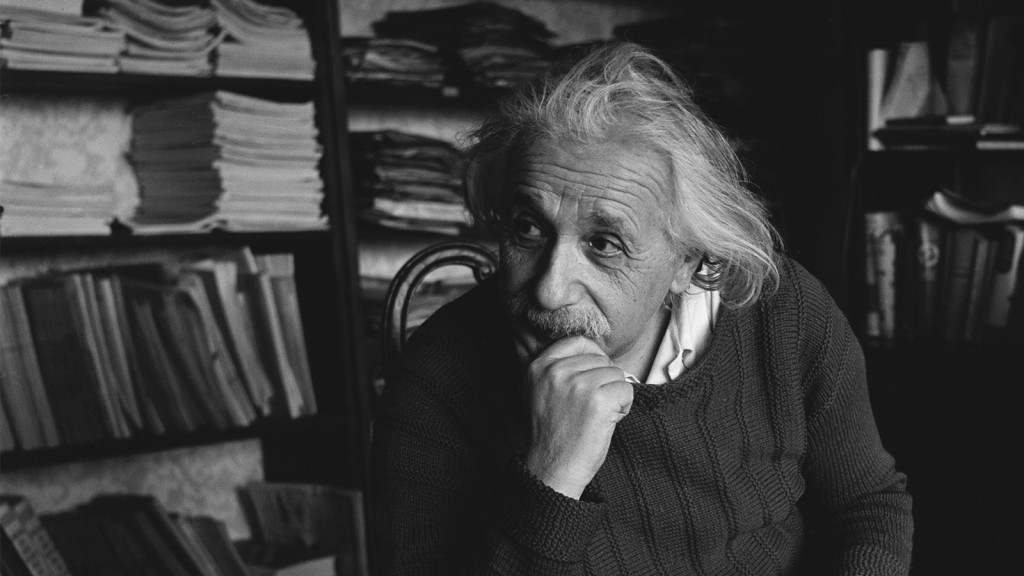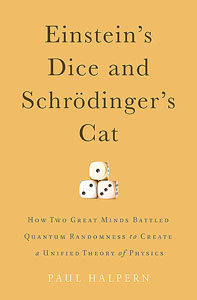Einstein’s beef with Schrodinger: Book review
A new book reveals the quarrels between the great scientist and his friend, Erwin Schrödinger, over quantum theory in physics
Share
Einstein’s Dice and Schrödinger’s Cat: How Two Great Minds Battled Quantum Randomness to Create a Unified Theory of Physics
Paul Halpern
Albert Einstein and Erwin Schrödinger had much in common. The two physicists were friends and Nobel prize-winners. Both were deeply religious, although in unconventional ways. And they both firmly believed in a deterministic world of cause and effect: what occurred at the atomic level must necessarily mirror the visible world.
As science historian Halpern explains, the quantum theory revolution of the 1920s violated their fundamental conception of physics. Rather than identifying the precise location of an electron, for example, it suggests its movement can only be understood via probabilities.
Relying on randomness to explain how the world worked was too much for Einstein. “I can’t believe God plays dice,” he famously quipped. Schrödinger’s Nobel prize-winning equation explains some of quantum theory’s more puzzling results, but he was equally dismayed by its lack of predictability. In 1935 he concocted his famous thought experiment of a cat locked in a box with a vial of poison that breaks open if a minuscule particle of uranium is detected. Schrödinger’s cat —which has goofy pop culture status today—was meant to mock quantum theory for suggesting the feline could be simultaneously dead and alive.
By the 1940s, however, quantum physics was firmly established, Hitler had emptied Europe’s universities and the two colleagues became competitors. Schrödinger fled to Dublin, where he became the star of the newly opened School of Theoretical Physics, Einstein to Princeton to pursue his dream of a unified field theory. Pressured by Irish leader Eamon de Valera to validate the great sums spent on him, Schrödinger declared in 1947 (entirely incorrectly) that he’d beaten Einstein to the punch with his own grand unification theory.
Einstein dismissed Schrödinger’s claims as “misleading” and it was three years before he’d talk to his old friend again. Meanwhile, the world still waits on a workable unified theory. And quantum mechanics remains as incomprehensible as ever.

